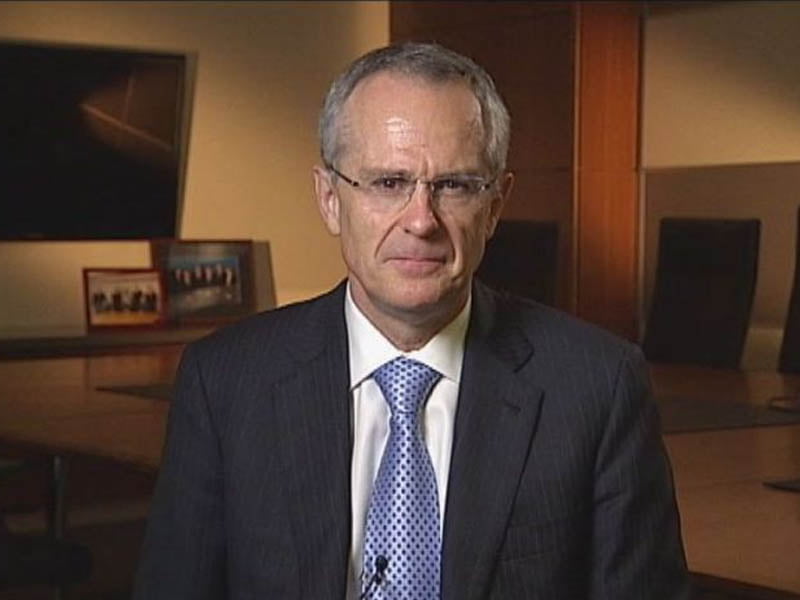Country Press Australia has been given permission by the competition watchdog to collectively negotiate with big tech firms Google and Facebook to secure revenue-sharing deals for its more than 80 members.
The interim authorisation for the industry body to collectively bargain with Facebook and Google is the first of its kind to be issued by the Australian Competition and Consumer Commission (ACCC), and paves the way for its members to secure commercial deals with the big tech firms.
The authorisation is only required because, despite being passed into law, no company has been designated under the media bargaining code, which would have automatically allowed this collective bargaining to take place.

Without that designation, Country Press Australia and any other smaller media company risked breaching competition laws if they had begun bargaining together.
Country Press Australia (CPA) is an industry organisation representing independent regional and local newspapers around Australia, with 81 members and 160 regional newspapers under its remit.
With the authorisation, its members will be able to collectively negotiate with Facebook and Google, discuss these negotiations with each other and exchange information about them.
It took just a week for the ACCC to grant the interim authorisation, with feedback now being sought before the final authorisation is awarded.
“The ACCC considers that allowing CPA members to bargain collectively is likely to result in public benefits by enhancing negotiations between regional publishers and digital platforms, and thereby assisting the sustainability of regional news production,” ACCC chair Rod Sims said.
“These public benefits align with the purpose of the news media bargaining code, which was intended to allow and encourage collective bargaining.”
Earlier this week Mr Sims said he hoped that more smaller media companies would apply to bargain collectively with Facebook and Google to secure revenue sharing deals, similarly to the ones agreed upon by the big news companies.
“If you’ve got a collective bargaining authorised through us, then that enables you to jointly bargain with them and it sends a signal to Google and Facebook that you need to be dealt with. It benefits both sides of the equation,” Mr Sims told InnovationAus.
“I expected a few more companies to collectively bargain. The message I want to get out there is we can, in general, without legislation, authorise collective bargaining. It’s extremely quick, it’s pretty much the equivalent.”
Because they quickly signed agreements with the big media players, Facebook and Google have so far avoided designation under the bargaining code, but there are ongoing concerns that similar deals haven’t been signed by smaller media firms.
Mr Sims has repeatedly said that the presence of the bargaining code and the threat of being designated has contributed to the big tech firms signing these deals.
“We welcome the fact that both Facebook and Google appear to be successfully reaching voluntary deals with Australian news businesses, including a number of smaller publishers, following the passage of the bargaining code,” he said.
“The onus now remains on Facebook and Google to continue to negotiate in good faith with news businesses of all sizes.”
Do you know more? Contact James Riley via Email.

